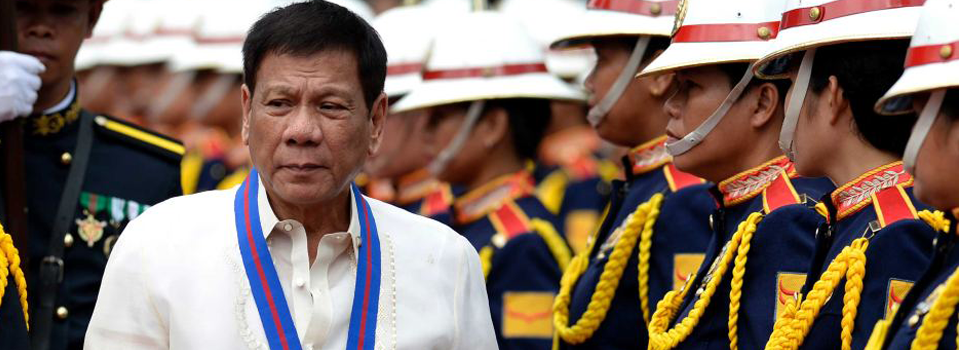North Korea nuclear crisis.
Timing of Pyongyang’s weapons test threat piles on pressure for beleaguered Bush administration.
THE Bush administration is fast running out of options to deal with North Korea, whose timing for its latest gambit has been exquisite.
Pyongyang’s announcement on Tuesday that it will carry out a nuclear weapons tests comes after a series of blows to US President George W. Bush and his Republican Party as they head for midterm elections.
They are already caught up in a political quagmire, made worse by the revulsion over a sex scandal involving one of its members.
And with foreign policy issues expected to colour next month’s polls, it does not help that Americans are growing more sceptical of a war in Iraq that is fuelling new threats from Islamic jihadists.
The gloom pervading the Republican camp will undoubtedly become more widespread with news of another foreign policy debacle: North Korea.
Dr Kurt Campbell, a senior defence official in the Clinton administration, noted: “If the North Koreans are not bluffing, then this will be a devastating setback for American foreign policy. We do not have many options available.”
In recent weeks, Washington has been veering towards diplomacy after it offered to have bilateral meetings with Pyongyang – something that it had resisted for years. The offer came after Congress directed Mr Bush to appoint a special envoy to deal with the Kim Jong Il regime.
But North Korea’s intransigence put paid to diplomatic efforts yet again. With the six-party talks involving the United States, China, Russia, Japan and the two Koreas stalled, Washington has had little choice but to revert to a more hardline stance.
Dr Michael Green, a former senior Bush aide in charge of Asia, told The Straits Times: “I do not think that the administration will respond by deciding to compromise on provision of a lightwater reactor to North Korea or by allowing Pyongyang to continue counterfeiting and money laundering.”
Indeed, what is likely to happen is that Washington could tighten export controls and interdictions. For this to happen, it needs the backing of other great powers.
Observers believe that Washington could put pressure on Beijing, Tokyo and Seoul to ramp up sanctions against North Korea.
Mr Jeffrey Bader, an Asia expert at the Washington-based Brookings Institution, said: “It will be important for the US, South Korea, Japan and China to signal the strength of their reactions before any North Korean test. The aim is to persuade Pyongyang not to go down this road.”
But are international sanctions through the UN Security Council, for example, a realistic option? It will not be a cakewalk.
Mr John Bolton, the US representative to the United Nations, is having a tough time urging members to engage in “preventive diplomacy”.
“We need to come up not just with a knee-jerk reaction…but to develop a coherent strategy to convince them that it’s not in their interest to engage in nuclear testing.”
However, China and the US remain divided in the UN on this issue.
And there is no guarantee that China together with other countries like Russia or France would support a hard-hitting resolution. That could change, though, if North Korea went ahead with the test.
But mixed signals thus far from China and others have only emboldened the hawks in the Bush administration. For them, force is the only available option.
The thinking is that the US should immediately make clear its intention to strike and destroy North Korean launch facilities. This could be accomplished, for example, by ordering a submarine to launch a cruise missile carrying a high-explosive warhead.
The blast would be similar to the one that killed terrorist leader Abu Musab Al-Zarqawi in Iraq.
A limited strike, however, would not destroy all of North Korea’s hidden facilities. These include more than 10,000 artillery tubes buried in caves along the demilitarised zone. Pyongyang could respond by attacking Seoul – a scenario that South Korea and China would find unacceptable.
The North Koreans may have calculated in the near term that they can weather any sanctions or pressure in response to a test. It is a dangerous game of brinkmanship.
But Pyongyang’s timing may be perfect this time round – the US is desperately searching for countermeasures and Mr Bush is at his weakest.

